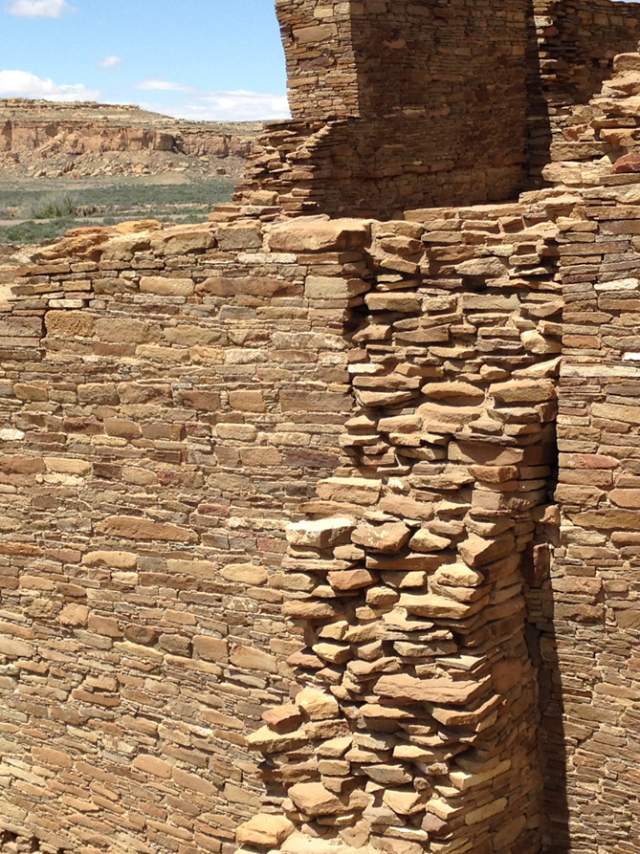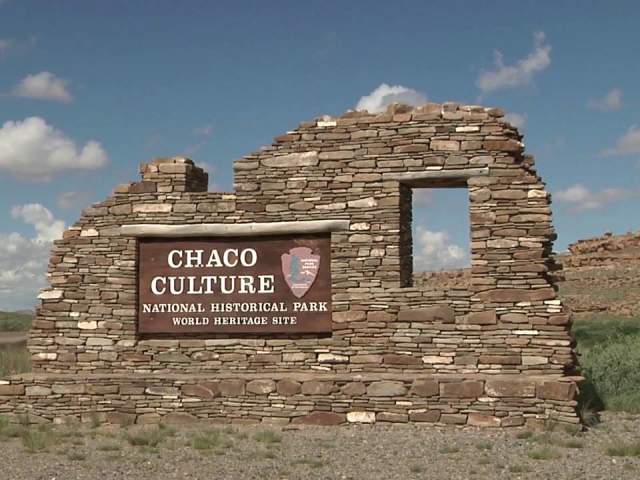Explore the rich history of New Mexico's Native American culture.
There is evidence that Native Americans have inhabited New Mexico for more than 2,500 years, with some of the earliest permanent settlements, now known as Pueblos, dating back about 1,500 years. Today, sites all across the state are dedicated to preserving this history and educating its visitors on the history and stories of the original inhabitants of this land. Here are a few of the monuments, parks, and sites where you can learn more about the history of New Mexico’s Native American people and culture.
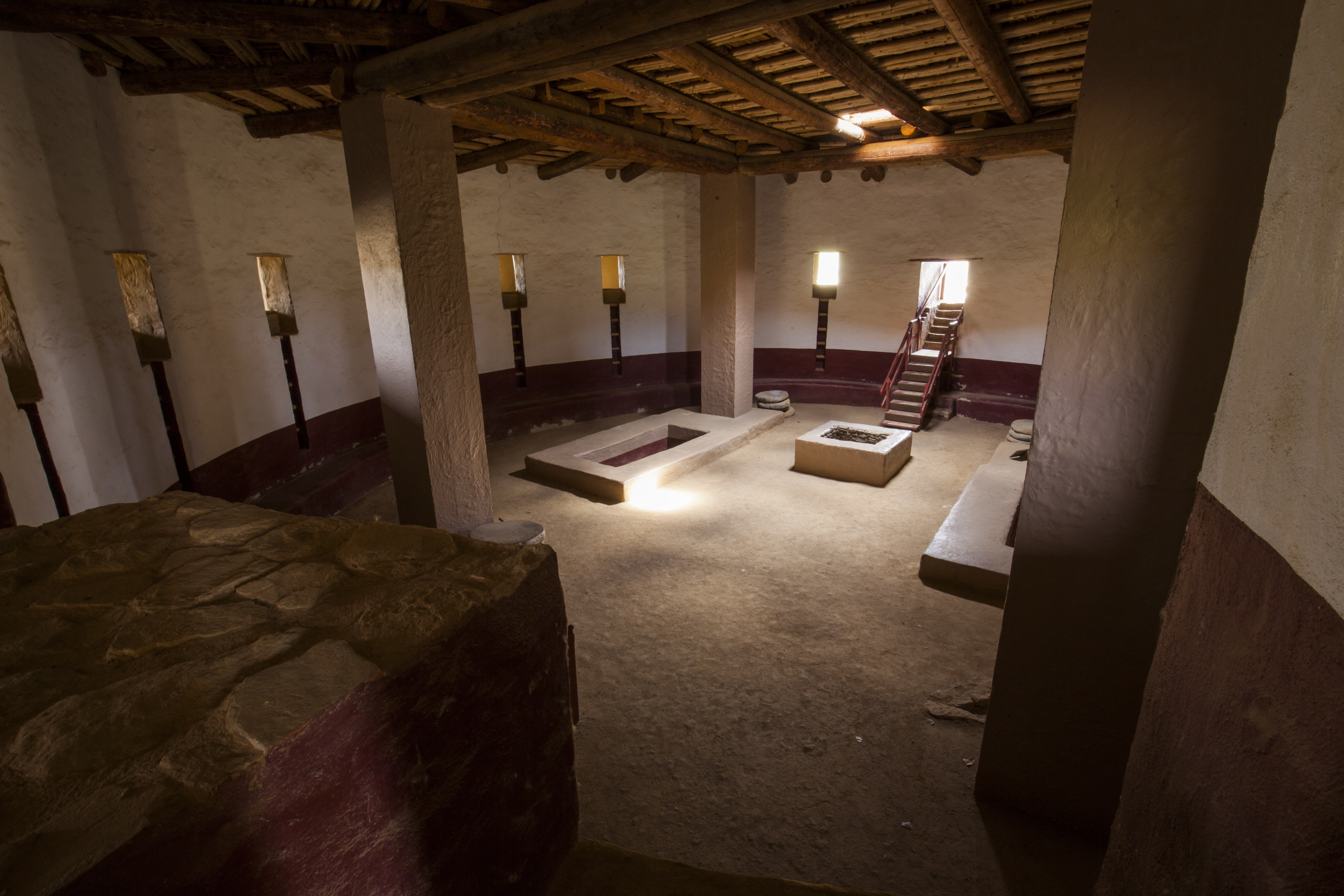
Aztec Ruins National Monument
Aztec, NM
The Aztec Ruins National Monument in northwest New Mexico preserves the structures and artifacts of Ancestral Pueblo people from the 1100s through 1200s. Explore the reconstructed Great Kiva, journey through a 900-year-old ancestral Pueblo Great House, and view the beautiful artifacts on display in the Visitor Center.
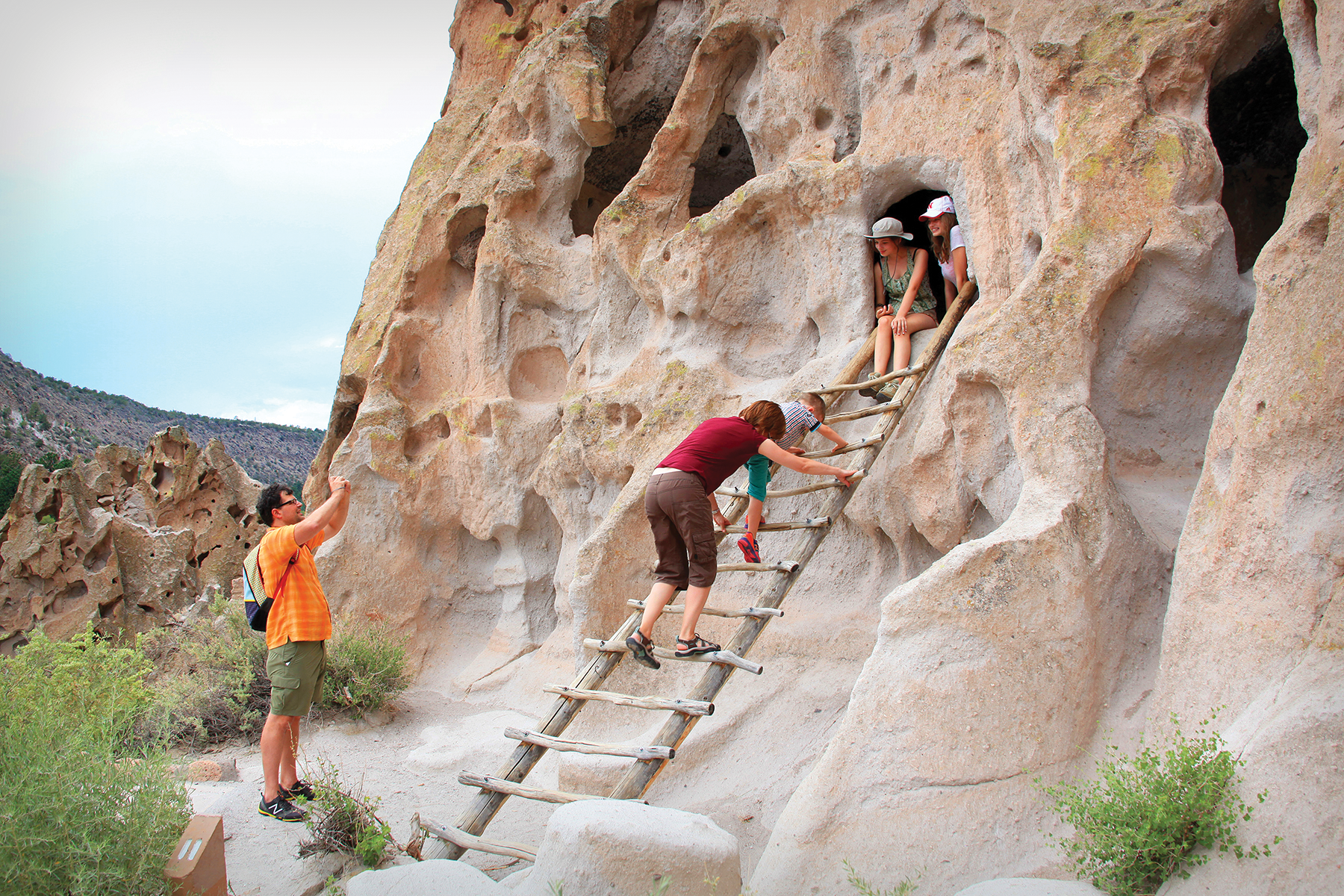
Bandelier National Monument
Los Alamos, NM
Head into the extensive back country in north-central New Mexico to Bandelier National Monument, one of the National Park Service’s oldest sites. Hike, camp, and explore at leisure the lands and dwellings once occupied by the ancestors of present-day Puebloans, discover ancient petroglyphs, and even climb into the cavates (small human-carved alcoves).
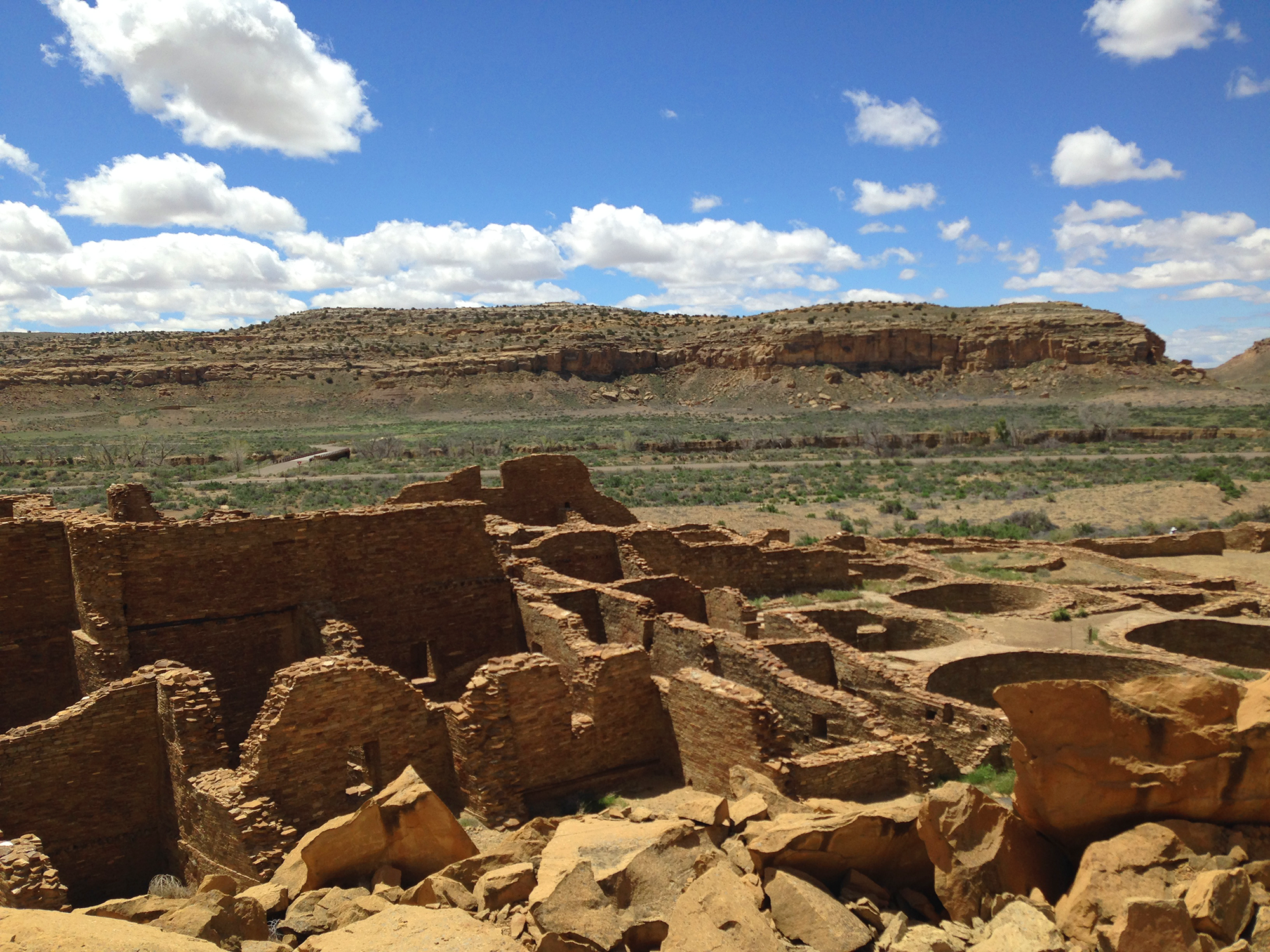
Chaco Culture National Historical Park
Nageezi, NM
A major center of Ancestral Puebloan culture, Chaco Canyon was a hub of ceremony, trade, and administration for the prehistoric Four Corners area. Visit the park’s six major ancestral sites, marvel at the incredible Chacoan architecture, enjoy miles of hiking trails, and experience Chaco’s unforgettable Night Sky Program.
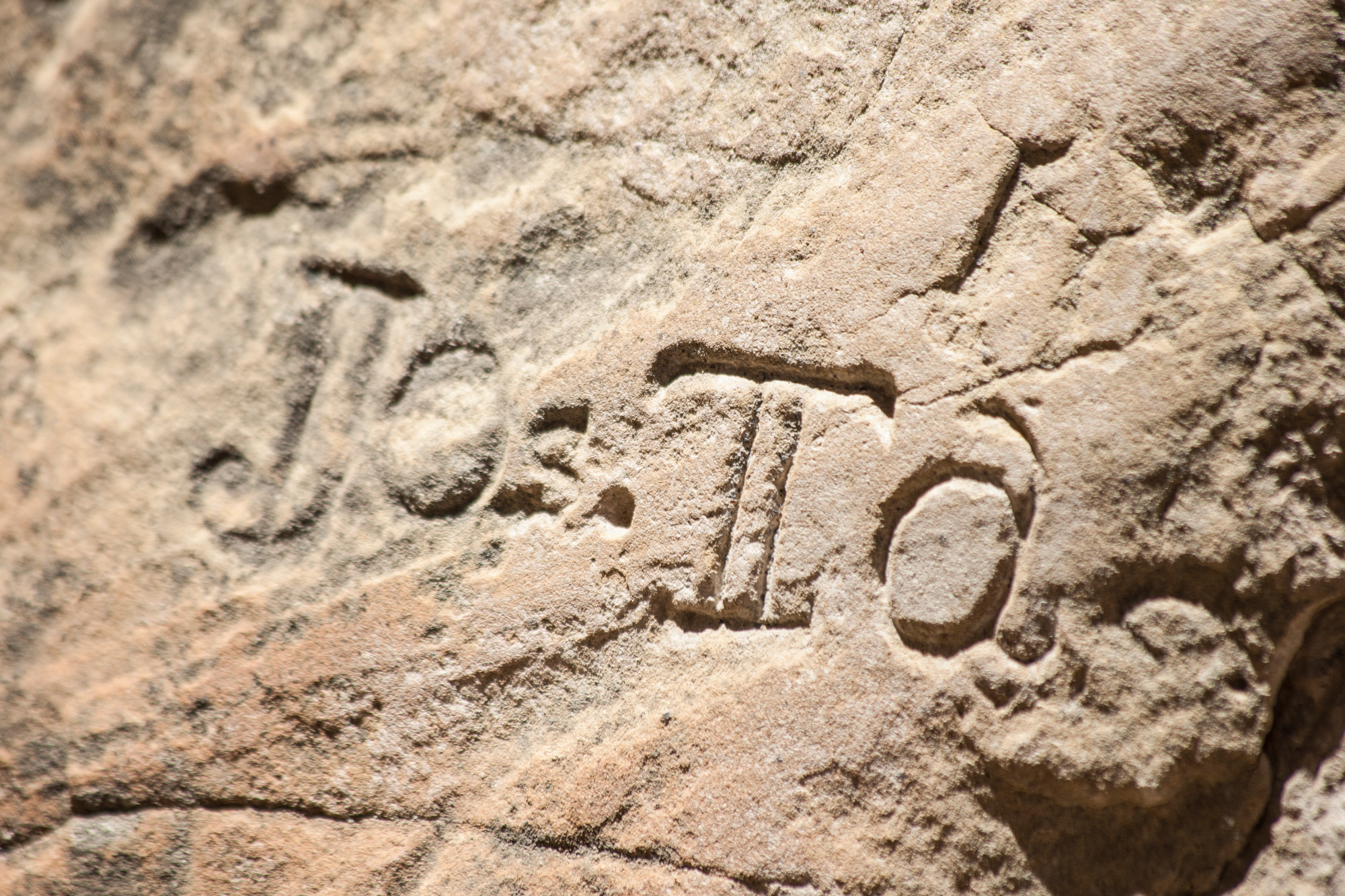
El Morro National Monument
Ramah, NM
A reliable waterhole hidden at its base made El Morro (or Inscription Rock) a popular campsite among explorers in western New Mexico for hundreds of years. As you hike your way to the top of the bluff, you will pass thousands of inscriptions left by Ancestral Puebloans, Spanish and, later, American travelers.
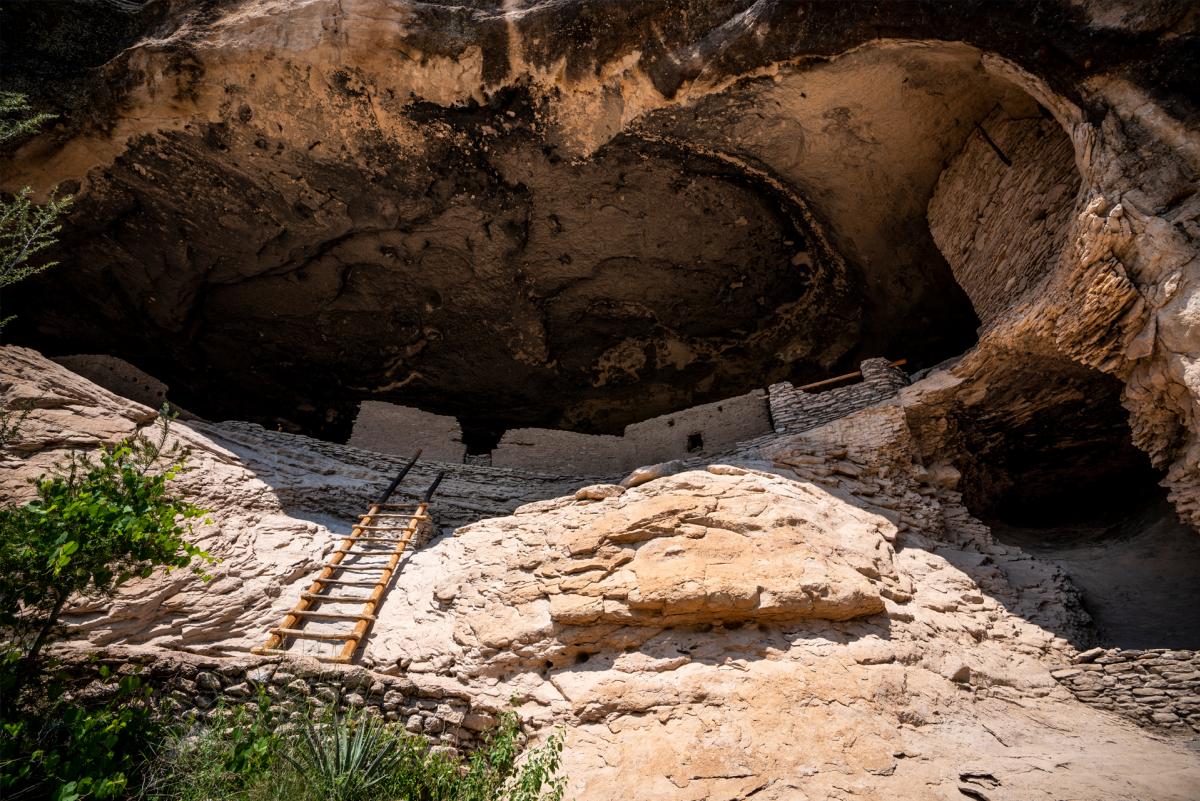
Gila Cliff Dwelling National Monument
Silver City, NM
Gila Cliff Dwelling National Monument in southwestern New Mexico offers a glimpse of the homes and lives of the people of the Mogollón culture who lived in the Gila Wilderness from the 1280s through the early 1300s. Visitors are allowed to enter the caves and dwelling rooms, so take advantage of this incredible opportunity and give yourself plenty of time to explore.
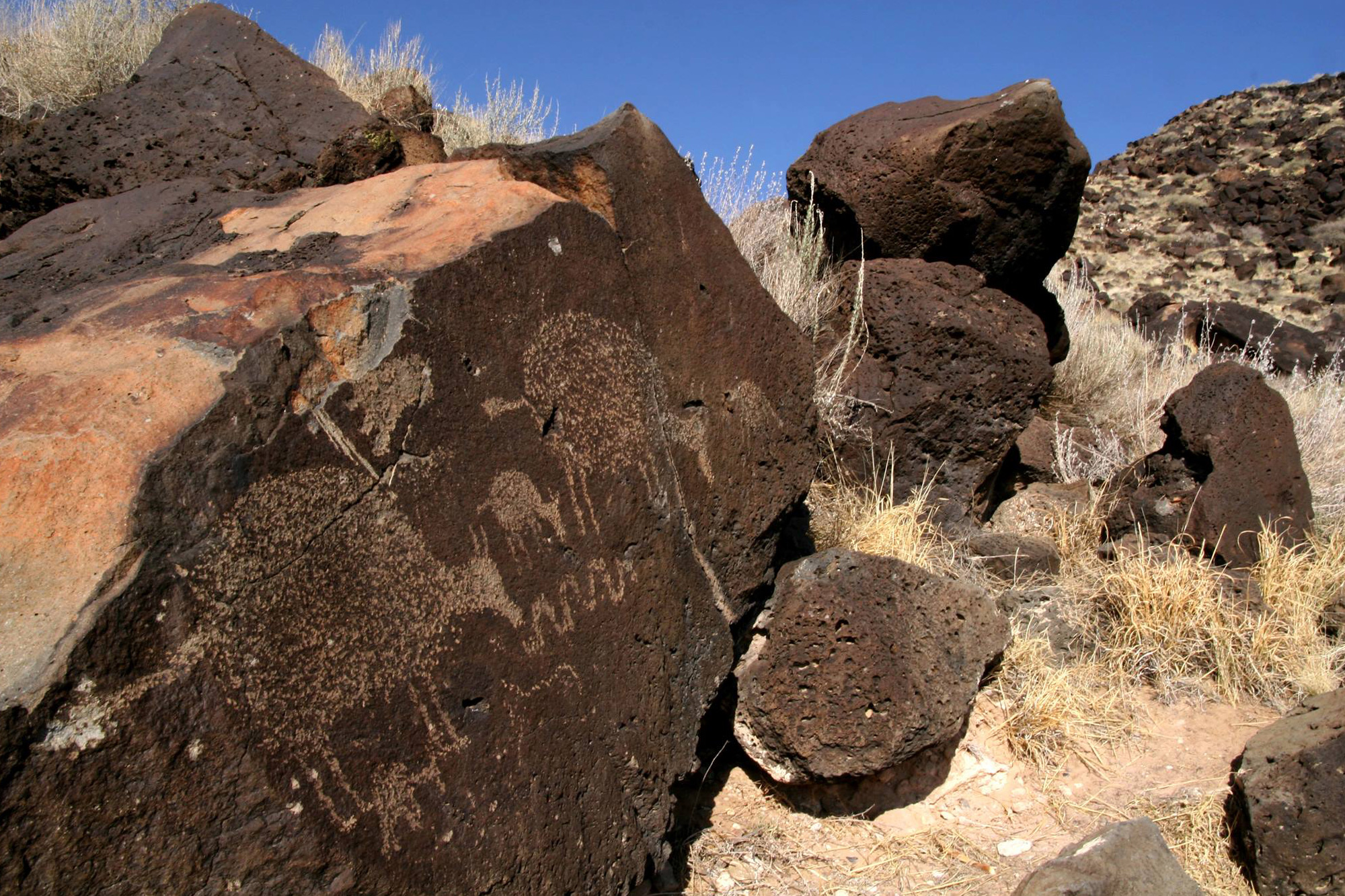
Petroglyph National Monument
Albuquerque, NM
One of the largest petroglyph sites in North America, the Petroglyph National Monument west of Albuquerque protects a variety of cultural and natural resources including five volcanic cones, hundreds of archeological sites, and an estimated 25,000 petroglyphs and images carved by Native Americans and early Spanish settlers.
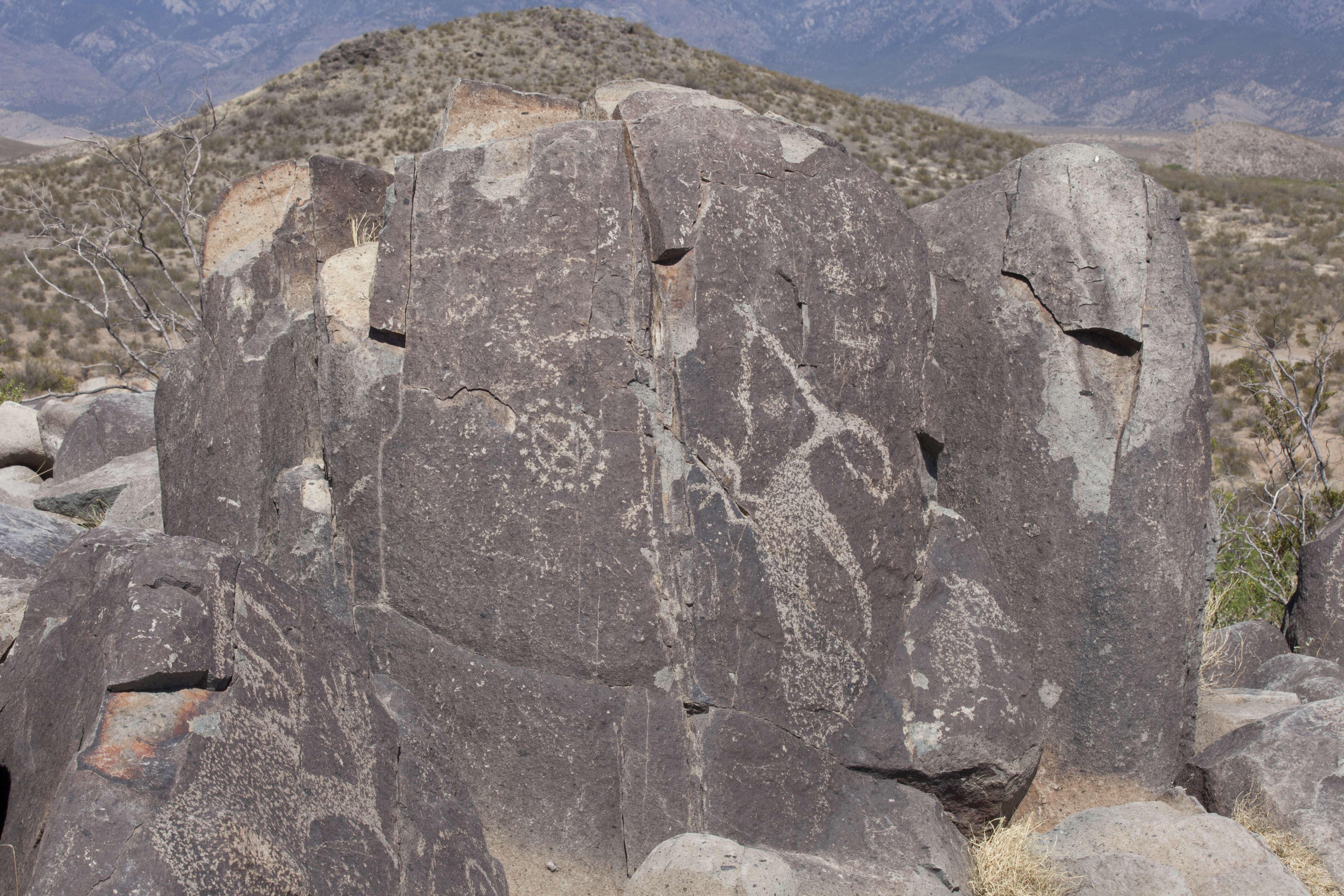
Three Rivers Petroglyph Site
Alamogordo, NM
Three Rivers Petroglyph Site is one of the few locations in the Southwest set aside solely because of its rock art and one of the few sites that allow visitors direct access to petroglyphs. With more than 20,000 petroglyphs, dating from 900 AD to 1400 AD, it is one of the largest and most interesting petroglyph sites in the Southwest.
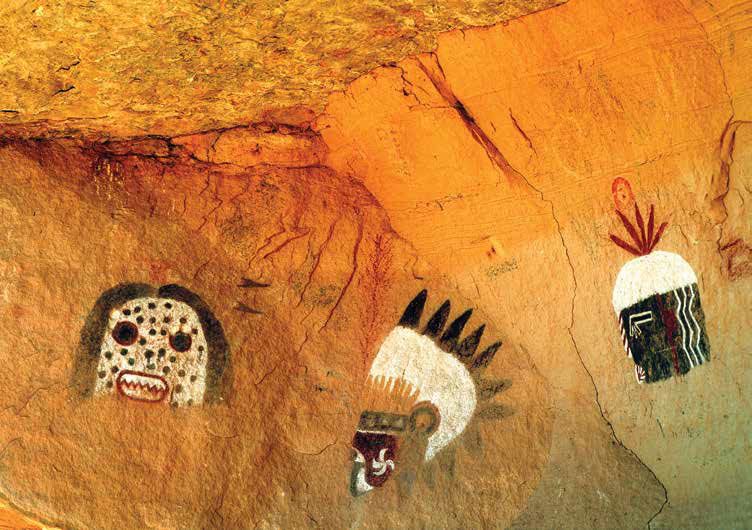
Village of the Great Kivas
Zuni Pueblo, NM
Village of the Great Kivas is one of the main archeological sites illustrating the development of Zuni culture, long with Yellow house, Kechipbowa, and Hawihuh. Village of the Great Kivas is prized for its impressive array of petroglyphs and pictographs.
Image courtesy of Bob Young
See more at http://www.rockartfineart.com/
Experience New Mexico's Vibrant Native American Culture
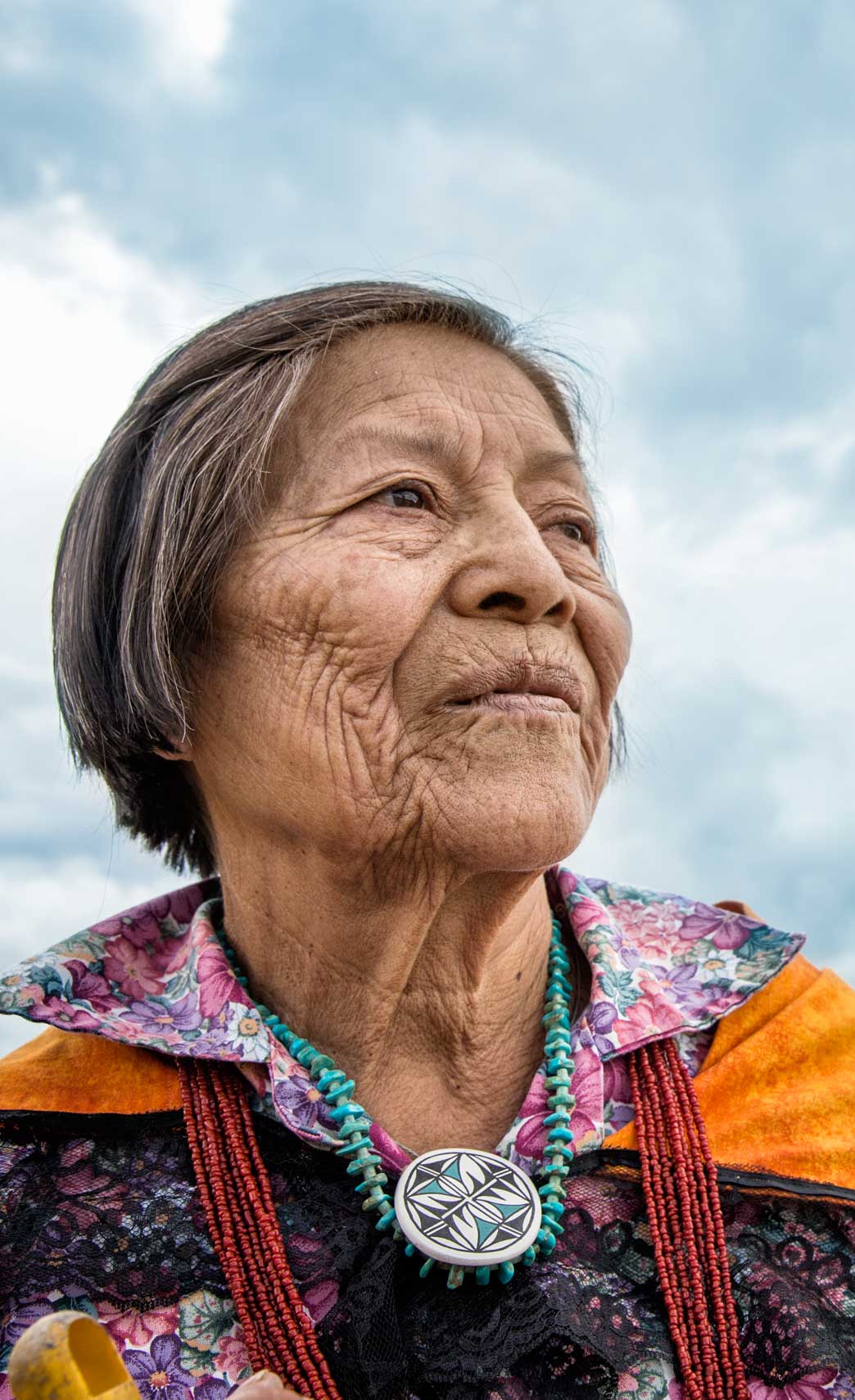
The rich and vibrant Native American history is celebrated today in museums, ceremonial dances, arts and crafts, language, villages and the lifestyle of New Mexico’s Tribes. New Mexico Tribes have witnessed and experienced many changes in their long histories, but the development of modern casinos, resorts, hotels and golf courses for their visitors have greatly improved their economic status.
The Tribes welcome visitors to experience their living culture: Come visit the nations that walk in two worlds. Remember that each tribe is a sovereign nation and must be treated with respect and honor.
